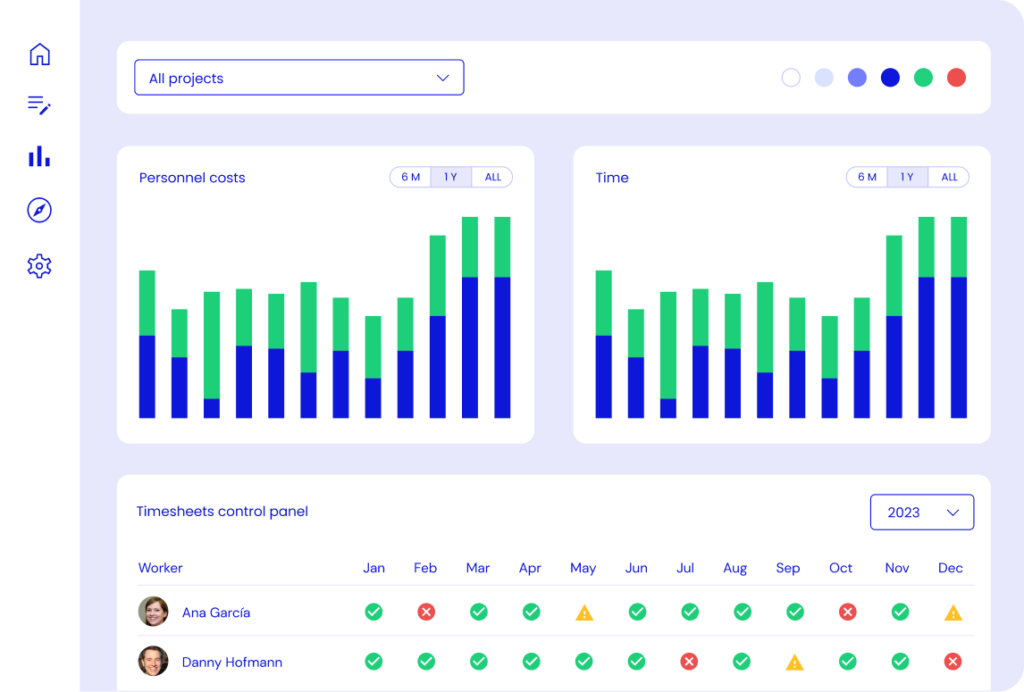Managing European Union (EU) funds comes with its unique set of challenges for companies and institutions aiming to maximize the impact and efficiency of their funded projects. Navigating compliance, financial management, and contract administration are critical aspects that can make or break the success of securing and managing these funds. This article delves into common challenges and provides strategies to overcome them, based on EU guidelines.
What Are the Key Compliance Challenges?
Understanding and complying with eligibility conditions for costs and contributions represent the initial hurdles. EU funds only reimburse eligible costs that meet specific conditions, such as being actually incurred by the beneficiary, being related to the action described in the grant agreement, and complying with applicable national laws on taxes, labor, and social security. Non-adherence to these conditions can lead to disqualification of costs, negatively impacting project financing.
Strategy for Overcoming: Maintain a detailed and verifiable accounting system that records all costs in relation to the project. Ensure all incurred costs are clearly linked to the project’s execution and justified according to principles of good financial management.
How to Manage Contracts and Subcontracting?
Contracts and subcontracting introduce additional challenges, especially ensuring all parties comply with EU requirements. This includes ensuring contracts clearly detail tasks, budget, and timelines, and subcontractors also follow cost eligibility rules.
Strategy for Overcoming: Develop detailed contracts including all necessary specifications and EU compliance clauses. Conduct regular audits and monitoring to ensure subcontractors adhere to these standards.
What Documentation Is Needed for Audits?
Another critical aspect is the need for extensive documentation to justify costs and contributions. The EU may request audits to verify the adequacy and eligibility of declared costs. Lack of proper documentation can result in the recovery of already paid funds.
Strategy for Overcoming: Keep detailed records and documentation of all project costs and activities from the start, including contracts, invoices, payment proofs, and time records worked on the project.
How to Ensure Project Timelines Are Met?
Meeting the deadlines set out in the grant agreement is crucial. Delays in project execution can lead to complications with funding and the delivery of expected results.
Strategy for Overcoming: Implement a solid project management plan with clear milestones and resource allocation. Regularly monitor progress and adjust the plan as needed to ensure deadlines are met.
Adapting to Changes in EU Regulations
EU funding regulations can change, requiring quick adaptation by beneficiaries to ensure ongoing compliance.
Strategy for Overcoming: Stay informed about updates and changes in EU regulations. Attend workshops, seminars, and training offered by the European Commission and other entities related to EU fund management.
Conclusion
Efficiently managing EU funds requires a deep understanding of regulations and a meticulous approach to project planning, execution, and documentation. By addressing these common challenges with informed and proactive strategies, companies and institutions can maximize their success opportunities in securing and managing EU funding while ensuring regulatory compliance and financial efficiency.
Ready to streamline your EU funding management? Visit Kronis.app for comprehensive tools and resources designed to assist you in navigating the complexities of EU fund management. Let us help you turn challenges into opportunities for your projects.
Act now to ensure your project’s success and compliance. Explore our solutions and take the first step towards efficient EU fund management.

